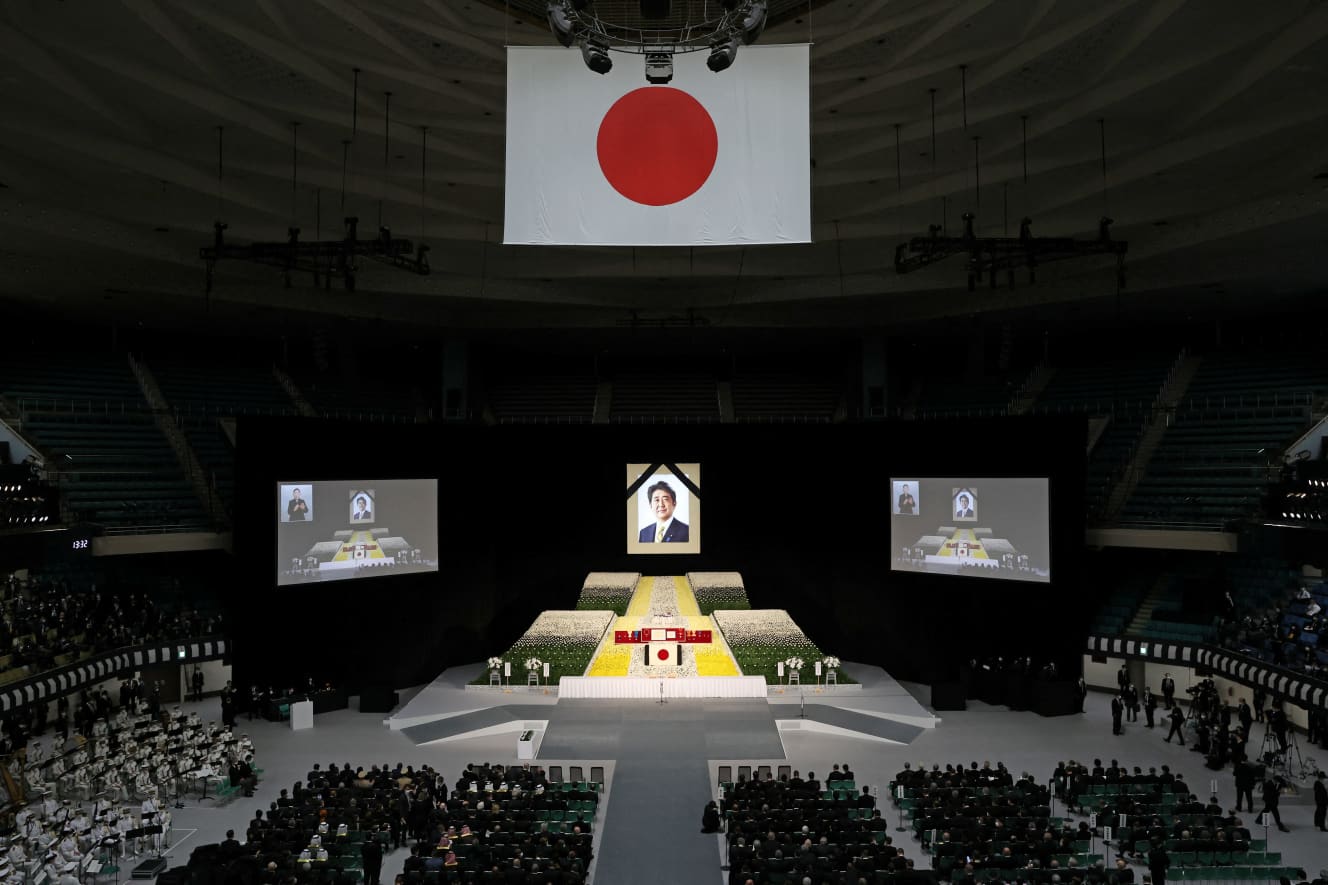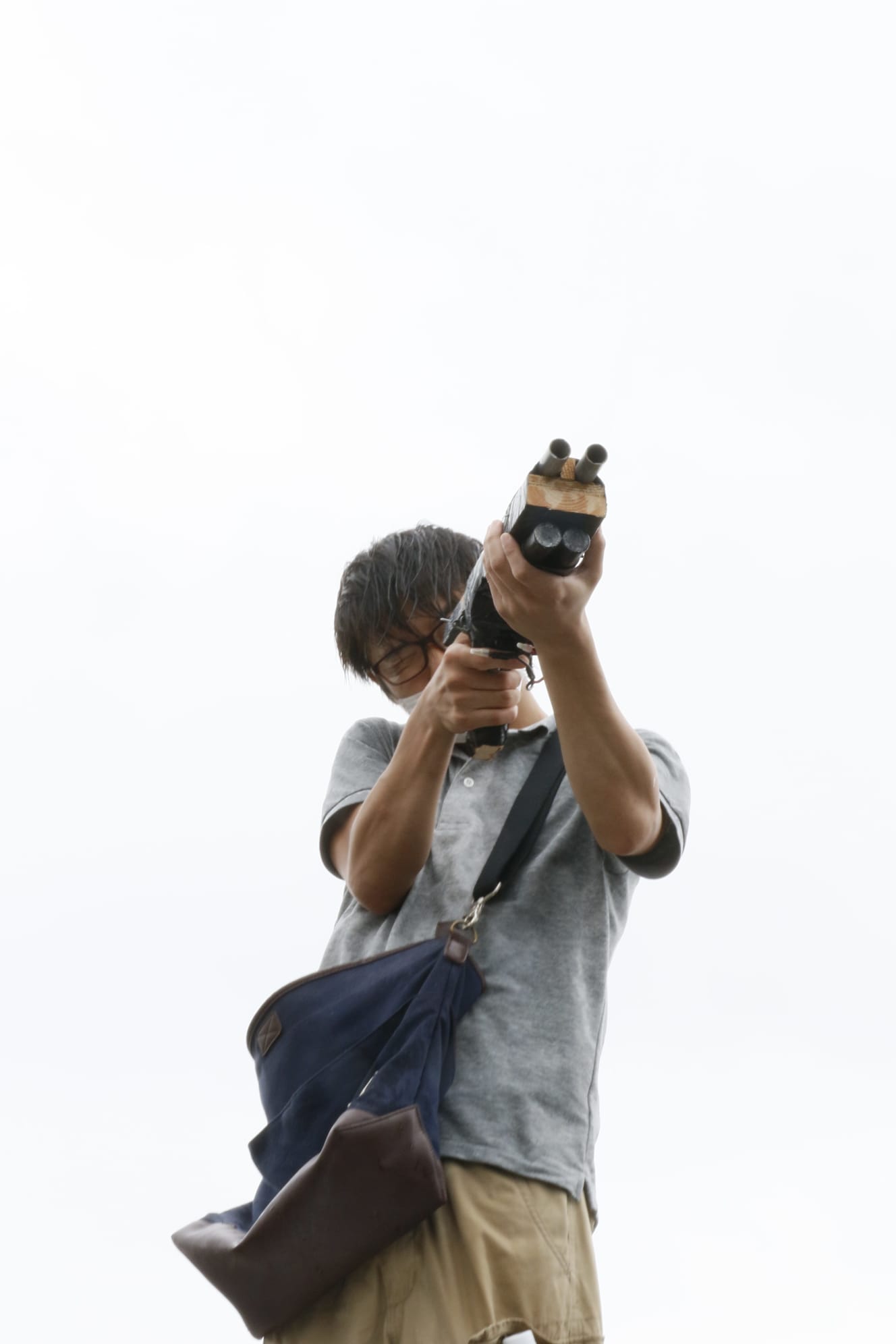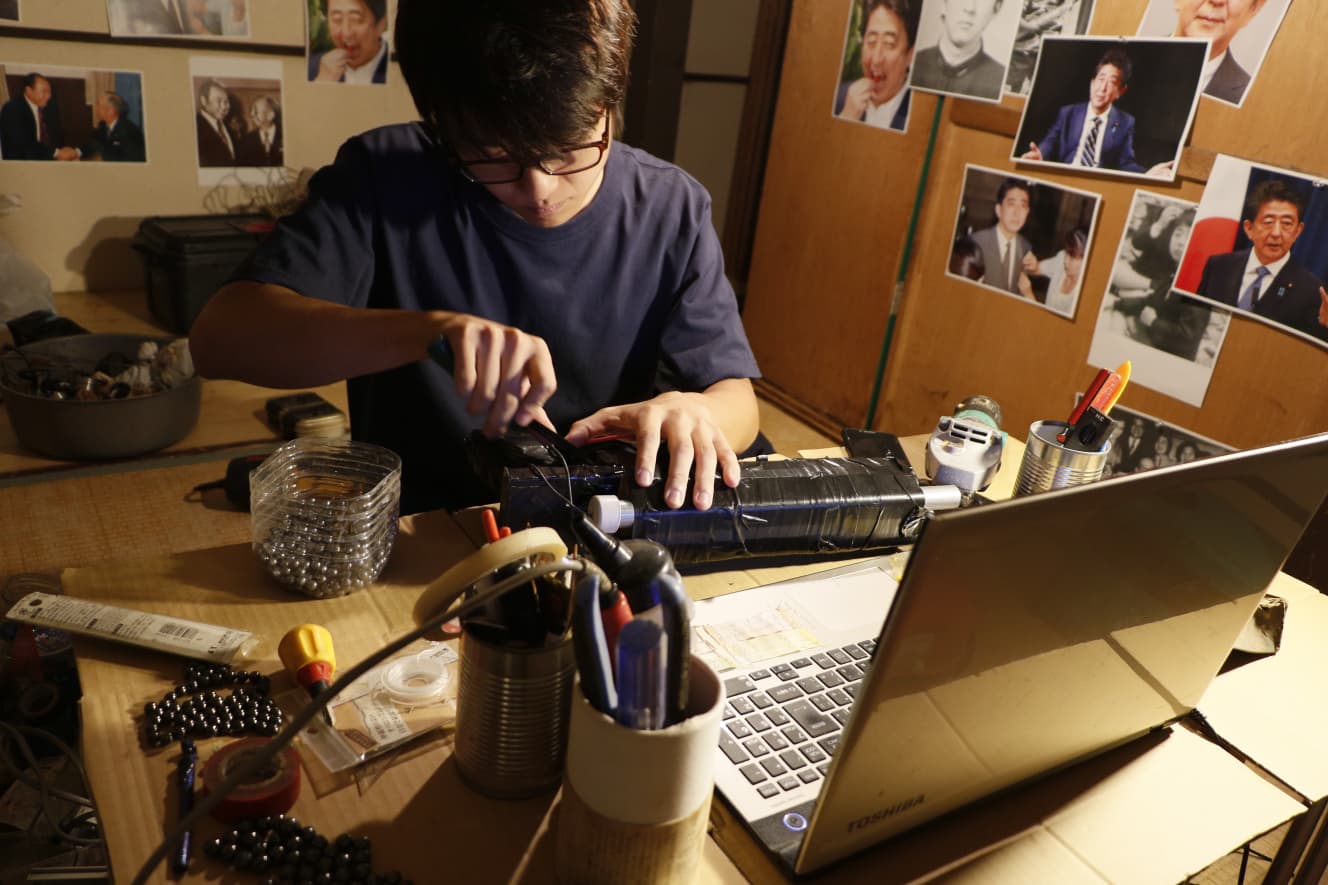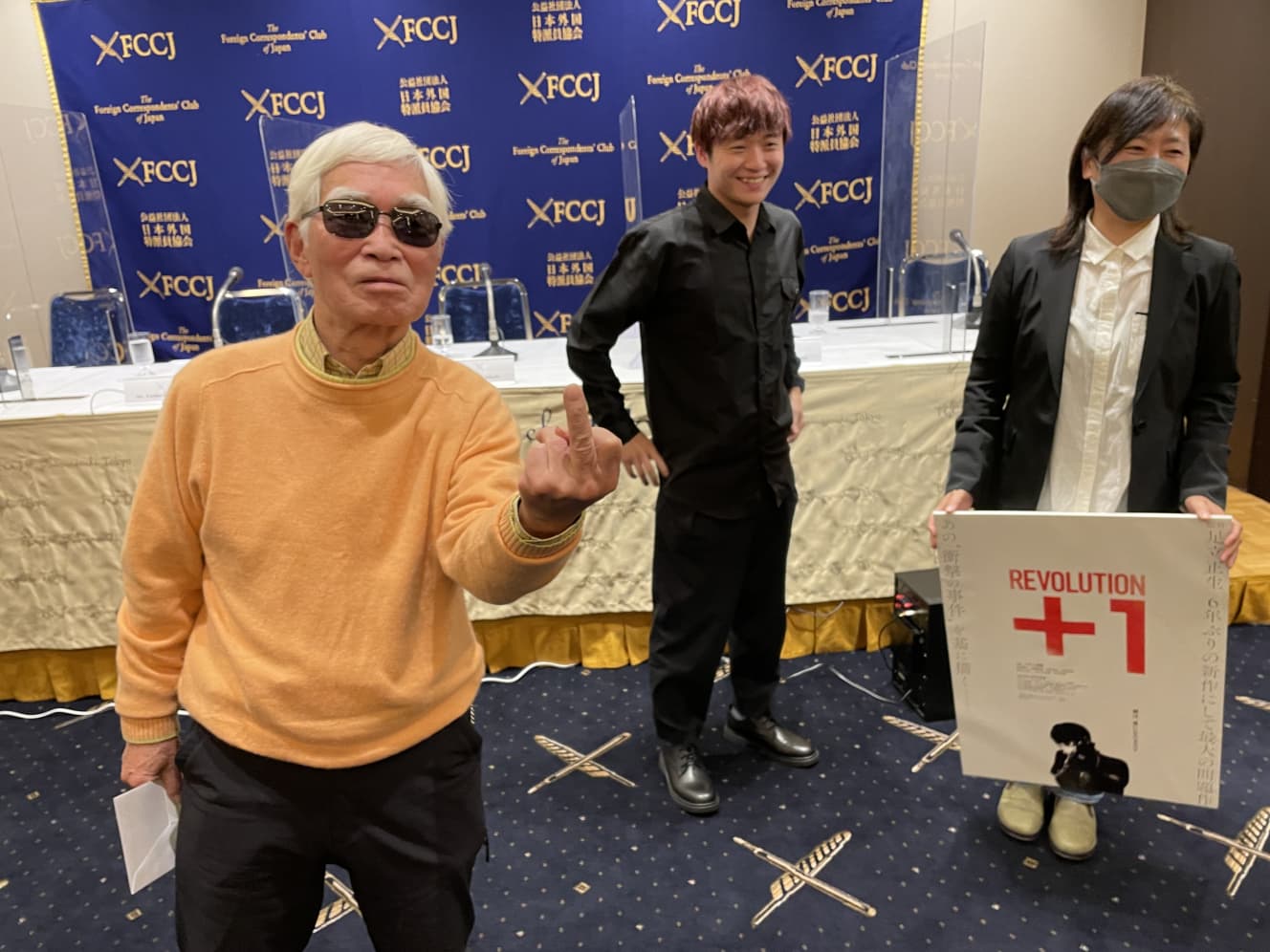Director of Film Modeled on Suspect Tetsuya Yamagami Reveals Why He Wanted to Make This Film
Interview with Masao Adachi, director of the controversial film "REVOLUTION +1

On that day, I was at home and heard about the incident on the TV news…”
July 8, 2022. On July 8, 2022, former Prime Minister Shinzo Abe was shot on a street in Nara Prefecture while giving a speech in support of his election.
The first reports were that he was not found dead or alive, but I thought, “Oh, this is a big incident, a symbolic incident of the times. I immediately thought, “Let’s make a film about this.
Masao Adachi, director of the film “REVOLUTION +1,” recalls the day of the shooting of former Prime Minister Abe.
As soon as the news broke, reporters from newspapers and news agencies called me. Mr. Adachi, do you know anything about this? Eventually, the news came in that he had suffered a cardiopulmonary arrest.”
Director Adachi was born in 1939. In 1971, after his debut as a film director, he traveled to Palestine “on his way back from the Cannes Film Festival” and joined a guerrilla group to fight together. He produced the film “The Red Army: PFLP World War Manifesto,” which depicted the daily life of the Palestinian guerrillas. He later joined the Japanese Red Army, was placed on the international wanted list, was arrested in 1997, and was deported to Japan in 2000 after his sentence expired.
The film begins with news footage of the Abe shooting and depicts the daily life of “Tetsuya Kawakami,” played by Seiran Tamotsu, his childhood scene of his mother’s religious devotion, his inner thoughts, and the days leading up to the shooting.
We don’t know much more about the actual suspect, Tetsuya Yamagami, than is reported. Of course, I don’t know him, and I don’t know his motives. But I believe that he made up his mind as an individual. I criticize the murder as a result, but I wanted to make a film about his desperate feelings toward this society.
The script was written and shot within a week of the incident, and a digest version of the film was urgently screened to coincide with Abe’s “national funeral” and became a major topic of conversation.
Sociologist Shinji Miyadai appeared at the event and said, “Hopeless Japan. A hollowed-out Japan, a runaway self-help” and “Mr. Abe’s death has lifted the lid off the bottle,” he said about the incident and the film.
What is “revolution”?
The film, titled “Revolution,” has been completed and began showing in various locations on March 24.
At first, the film was tentatively titled “Hoshi ni Naru (Become a Star). After thinking about it, I decided on “REVOLUTION +1. The actual case of the Yamagami suspect is nothing but a personal decision that is far from a revolution, but this film is not a documentary. The bottom of society has fallen out, and those who tried to make a revolution have also fallen out and are empty. Empty, and they did it. I made this film based on the fact that I did what I wanted to do.
The murders, which were “not a revolution,” have led to the revelation of various problems one after another, including the cozy relationship between the Unification Church and the Liberal Democratic Party, and corruption at the Olympics.
The actual incident exposed things that have been hidden from the public. I hope that this film will trigger widespread discussion.
Shinji Miyadai, who attended the event on the day of the national funeral, was attacked and seriously injured by someone last month. Mr. Miyadai said that if the country’s problems are not faced and overcome, “it will continue to spiral out of control.
There is no doubt that “REVOLUTION +1” is a problematic film based on a shocking incident. The suspect, Yamagami, is still in “expert opinion detention”.



Photo: Representative Photo/Reuters/Afro